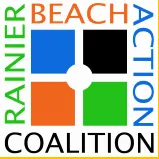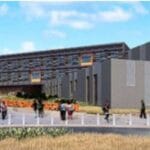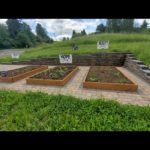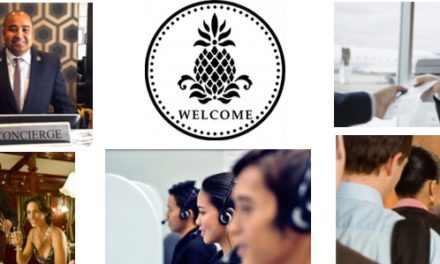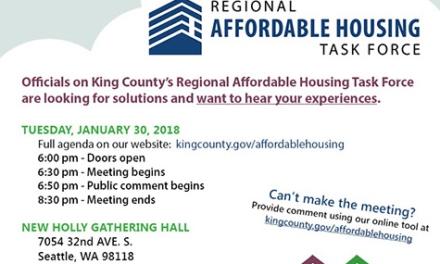Learning Circles, each with a different topic area as described below, will be formed with up to 15 members representing grantee partners and other community members. Each Learning Circle will meet during a six to eight month period and will be led by a contracted consultant. The Learning Circles will develop a set of recommendations for proposed policy, system and/or infrastructure supports; recommendations for ongoing learning and growth; and activities for others aligned with the same strategies in the respective topic area.
Proposals/Applications are requested for Learning Circle lead(s):
- a)Community Ownership – One (1) consultant will be selected. Community ownership tools are being used primarily in other parts of the country as a way to reduce and mitigate displacement of small businesses and residents. This Circle will examine what models exist and explore community driven innovations to create just and sustainable communities for all. Exploration of models may include shared wealth and democratic ownership models, such as limited equity co-ops, shared ownership housing, cooperative and employee-owned business models, and community land trusts.
- b)Environmental Justice – One (1) consultant will be selected. Natural and built environments influence communities’ connections to culture, land and green spaces, well-being, quality of life and health. Immigrant communities and communities of color have historically faced disproportionate effects of environmental injustice and climate change, and this inequity persists today. Because their voices are not included when developing environmental improvement strategies, these communities are less likely to benefit from changes that take place. This Circle will use an environmental justice lens to develop approaches to building community-based resilience and power to influence the built environment, industry partners, and institutional policies and strategies that impact the community.
- c)Community Development and Real Estate – One (1) consultant will be selected. An understanding of land-use, real estate, and development are tools for communities to reduce and mitigate displacement and ensure that community environments meet the shifting needs of the residents. This Circle will explore and develop ways community-based leaders, groups, coalitions and organizations can influence the built environment and property development projects, inclusive of housing and economic development. The topics may include: planning and pre-development; development and operating partnerships; the development process; property ownership; and property and asset management.
- d)Healthy Communities – One (1) consultant will be selected. To realize the vision of greater health and well-being for all in King County, community members impacted by health inequities are engaging in conversations to better understand the factors that shape the health of their communities. Through the lens of race, culture, income and place, cross sector partnerships are working collectively on solutions. This Circle will explore a range of strategies to advance health equity including: building upon community strengths and assets; disrupting structural racism and inequities related to wealth and power that impact low-income and communities of color; developing strategic policies and systems to promote health; and exploring what opportunities exist and can be created to build power across sectors to transform health and achieving health equity.
